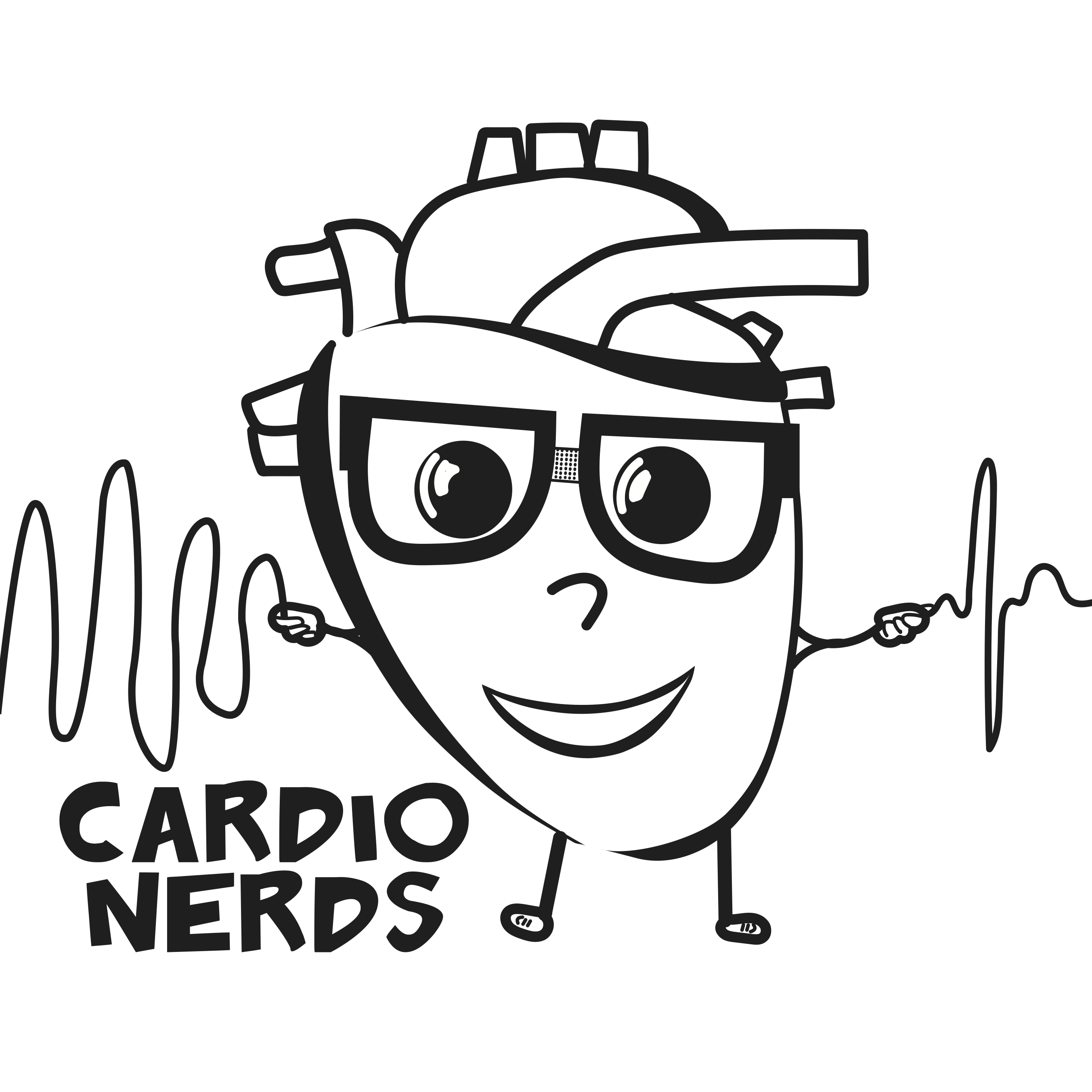162. CCC: Critical Care Cardiology A New Subspecialty for the Modern CCU with Dr. Jason Katz

The CardioNerds are thrilled to launch The Cardiac Critical Care Series! The series Co-Chairs \u2013 Dr. Mark Belkin (Advanced Heart Failure FIT, U Chicago), Dr. Yoav Karpenshif (FIT, U Penn), Dr. Eunice Dugan (CardioNerds Academy Chief Fellow and FIT, Cleveland Clinic), and Dr. Karan Desai (CardioNerds Academy Editor and FIT, U Maryland) - join CardioNerds Co-Founders, Amit Goyal and Daniel Ambinder to delve into high-yield topics in critical care cardiology.\n\n\n\nWe kickstart this series with one of the early pioneers and national leaders in cardiac critical care \u2013 Dr. Jason Katz, Director of Cardiovascular Critical Care and Co-Director of Mechanical Circulatory Support and the CICU at Duke University Medical Center.\n\n\n\nIn this episode, we learn about Dr. Katz\u2019s career path and what motivated him to train in Critical Care Cardiology. He shares early struggles, notable changes in this field\u2019s nascent period, and ongoing challenges in training and practice. We discuss collaboration with other cardiac and non-cardiac specialties and their importance in comprehensive care. Furthermore, we discuss how to advance critical care research, including the Critical Care Cardiology Trials Network and future randomized controlled trials to inform our practice and develop standardized protocols. In this small but rapidly growing field, we learn there is much to discover together. Audio editing by CardioNerds Academy Intern, Hirsh Elhence.\n\n\n\nClaim free CME for enjoying this episode! Disclosures: None\n\n\n\nPearls \u2022 Notes \u2022 References \u2022 Guest Profiles \u2022 Production Team\n\n\n\n\n\n\n\n\n\nCardioNerds Cardiac Critical Care PageCardioNerds Episode PageCardioNerds AcademyCardionerds Healy Honor Roll\n\n\n\n\n\nCardioNerds Journal ClubSubscribe to The Heartbeat Newsletter!Check out CardioNerds SWAG!Become a CardioNerds Patron!\n\n\n\n\n\n\n\n\n\nPearls and Quotes\n\n\n\n\u201cI think it's really important not to be afraid of change in order to potentially succeed [...] it's okay to not entirely know what you want to do.\u201d - Dr. Katz when sharing his non-direct career path in a novel field.\u201cThere is no greater team sport in cardiology than Cardiac Critical Care\u201d and \u201cI oftentimes think of the Critical Care Cardiologist as sort of the conductor that helps to orchestrate [the team]...\u201d - Dr. Katz when discussing the importance of multidisciplinary teams and need to collaborate with other cardiac and non-cardiac sub-specialties.Many general surgical or medical residency/fellowship graduates are not comfortable caring for patients in the critical care setting. There is a need to revamp critical care training without significantly prolonging training time in order to complement and enhance our current workforce to care for complex, critically ill cardiac patients.\u201cI don't think there's necessarily a one size fits all model, and I think we should be malleable or adaptable to the needs of our trainees and the needs of our patients.\u201d - Dr. Katz when discussing training pathways in Critical Care Cardiology or combining Critical Care with other subspecialties like Interventional Cardiology or Advanced Heart Failure.Dr. Katz suggests that when choosing a Critical Care Cardiology training program: \u201cconsider geography, the flexibility of the curriculum, the overall fellowship and social experience, and the clinical setting. Everything that's really important to choosing a cardiology fellowship is more important in my mind than if they actually have a standardized, cardiac critical care pathway.\u201d\n\n\n\nShow notes\n\n\n\n1. What are some recent changes in the field of Critical Care Cardiology?\n\n\n\nCompared to even just a decade ago, there is a growing interest from medical students to young faculty in pursuing a career in critical care cardiology.At the same time there is evidence that the patient demographics in our CICUs are changing, including more multi-organ dysfunction and many non-cardiac diagnoses. In a recent paper from the Critical Care Cardiology Trials Network (CCCTN),